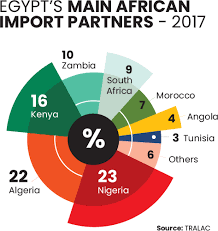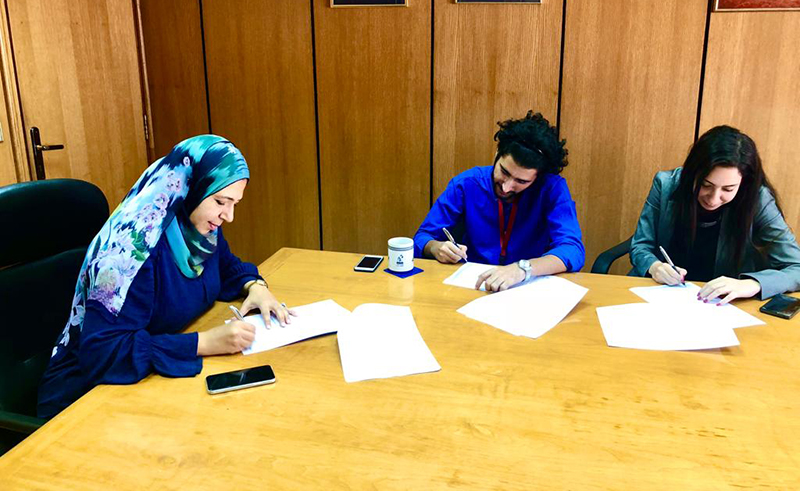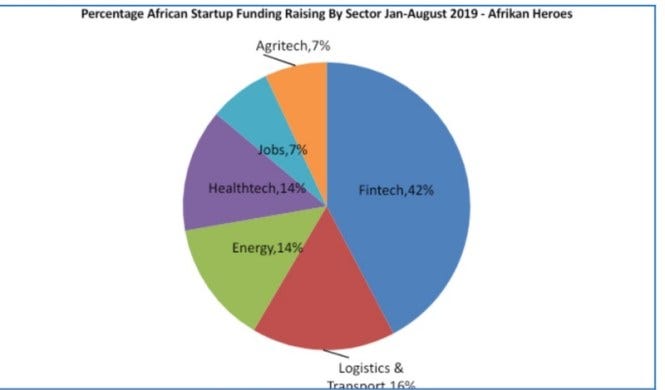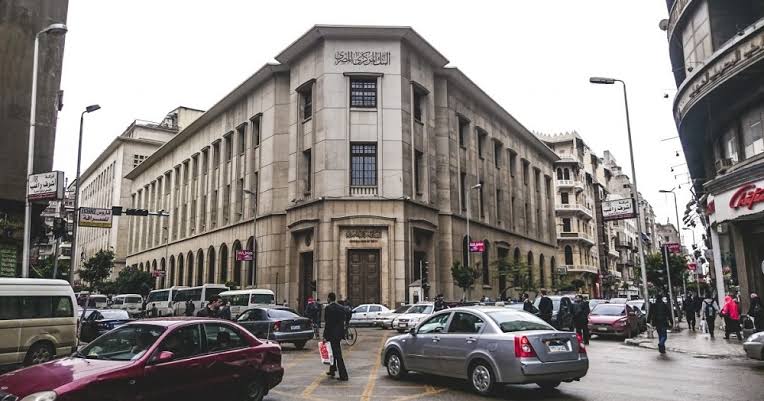New Cocoa Certification Threaten African Farmers
The new rules that will govern Cocoa certification which is being mulled by the World Cocoa Council will be to the detriment of African farmers’ majority of who are already disenfranchised by the lopsidedness in the industry. A farmers advocacy group said that Cocoa producers, particularly in Africa are worried that the introduction of new certification standards would give far more control to the big organizations in Europe who control the industry, moreso, the farmers are worried that this is a veiled effort by the Council to push the producers, especially the farmers to receive an income below the poverty line.
Read also: African Cocoa Farmers to Benefit Through IFC, Cargill Partnership
However, analysts say that while farmers should be pleased with its certification, producers are more concerned about certified sustainable cocoa. A sector that has seen the emergence of several sustainable certification standards in recent years, this necessary overhaul of the system to make the sector more sustainable, does not change the living conditions of producers, particularly African producers who still live below the poverty line on less than a dollar a day.
African commodity exporters are in for a rough ride as the African economy whose main trading partner, China, recorded a sharp 6% decline in growth in the third quarter of this year. This is a record low growth for China, which has recorded its weakest performance in at least twenty-seven years. The 6.2% growth in the third quarter of this year is due to increasing downward pressure from the economy. The fall could also have a strong impact in Africa, as Beijing is the continent’s largest trading partner, with an estimated trade volume of more than $170 billion in 2018.
Kelechi Deca

Kelechi Deca has over two decades of media experience, he has traveled to over 77 countries reporting on multilateral development institutions, international business, trade, travels, culture, and diplomacy. He is also a petrol head with in-depth knowledge of automobiles and the auto industry.



















